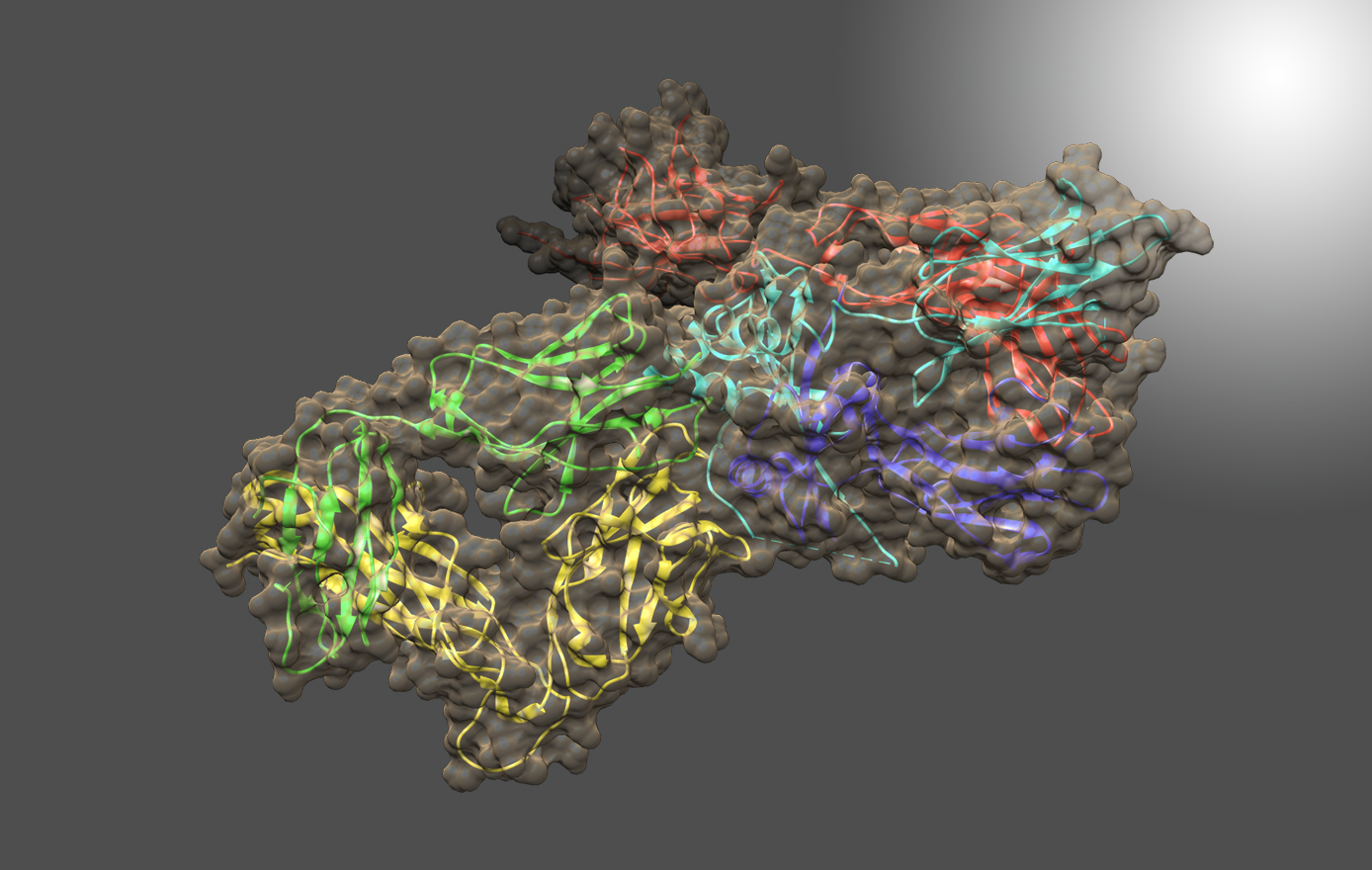Lecture Series: Control of T cell differentiation by heterodimeric cytokines
Event Info
Event Details
Cytokines are typically single gene products that potently modify immune responses. IL-12 and IL-23 are among the exceptions to this paradigm, since they are heterodimers expressed from distinct genetic loci. Typically, activated innate cells co-express both subunits simultaneously and secrete a fully active heterodimeric cytokine which then drives IFNγ or IL-17 production by T cells. Using a chimeric mouse model, we identify a novel method for generating functional IL-12 activity in vivo wherein IL-12p40 monomers, originating from hematopoietic cells, extracellularly associate with IL-12p35 from other non-hematopoietic cells. In the context of a parasitic challenge, we found that this two-cell mechanism of IL-12 formation was sufficient to drive T cell differentiation in sites distal to the initial infection and thereby prevent systemic dissemination of a parasite. This suggests a novel form of collaboration between hematopoietic and stromal-derived cells to jointly generate a “message” for driving T cell differentiation. Elaborating on this principle we also identified new binding partners for the IL-12p40 subunit which reveals additional heterodimeric cytokines capable of regulating other trajectories of T cell differentiation.
